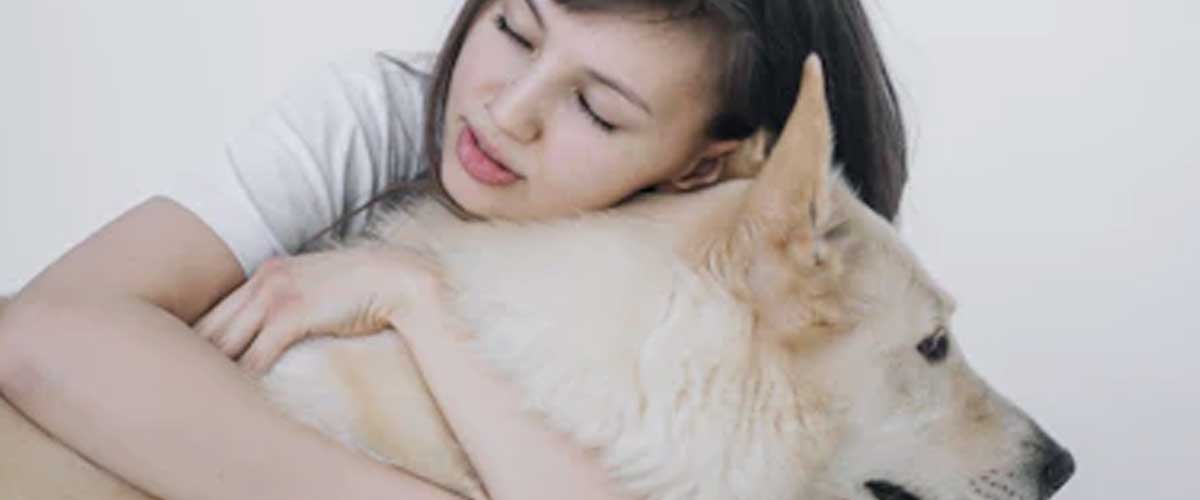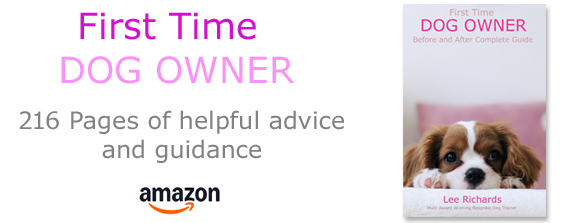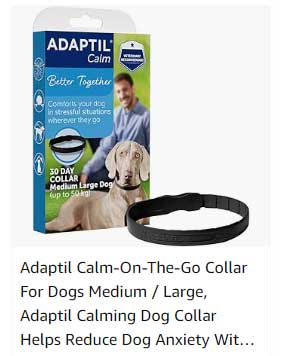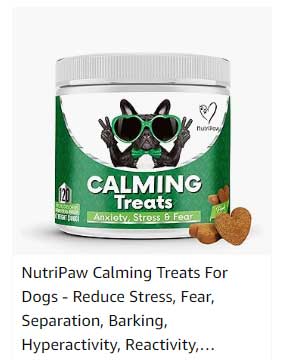As pet owners, we often wonder about the emotional connections we share with our dogs.
They seem to understand us in ways that transcend words, offering comfort when we’re feeling down and celebrating with us during joyful times.
However, a more complex and sometimes concerning question arises: Can my anxiety make my dog anxious?
The answer is YES
Emotions and Your Canine Companion
Understanding the dynamics of this relationship can help both you and your furry friend thrive emotionally.
To begin, it’s important to note that dogs are highly attuned to human emotions.
They have been living alongside us for thousands of years, developing an impressive ability to read our body language, facial expressions, and vocal tones.
Research shows that dogs can recognize human emotions, often mirroring the feelings of their owners.
So, when you’re anxious, your canine companion can pick up on those cues, leading to their own feelings of distress.
Dog Behaviour
Anxiety in dogs can manifest in various ways, including excessive barking, pacing, destructive behavior, and even physical signs such as trembling or cowering.
If you have a naturally anxious disposition, your dog might absorb that energy, causing them to feel unsettled or uneasy.
Think of it this way: Dogs are empathetic beings; they sense your nervousness and may respond with their own anxiety.
Behavioral scientists suggest that the emotional bond between humans and dogs operates almost like a feedback loop.
Your anxiety might lead you to inadvertently reinforce nervous behaviors in your dog.
For instance, if you’re anxious about thunderstorms, you might begin to treat your dog differently during storms, offering extra attention or babying them in response to their own nerves.
Fears, Anxieties and Emotional Responses
While this seems like a nurturing response, it could inadvertently validate and worsen your dog’s anxiety.
The correlation between your anxiety and your dog’s response can create a cycle that’s hard to break.
Managing your anxiety may therefore benefit your dog significantly.
One effective approach is to work on your own emotional well-being.
If you’re feeling consistently anxious, consider seeking help from a mental health professional.
Techniques such as cognitive-behavioral therapy, mindfulness practices, or even medication can be beneficial.
As you become more at ease, your dog is likely to feel the positive effects of your calmer demeanor.
Reducing Dog Anxiety
Implementing consistent routines can also alleviate anxiety for both you and your dog.
Dogs thrive on predictability, and establishing regular walks, feeding times, and play sessions can create a sense of stability.
This structure can help you both feel more grounded and secure in your environment.
Moreover, consider engaging your dog in activities that are known to reduce anxiety.
Regular exercise is key; it not only helps to tire out your dog but also releases endorphins in you.
Whether it’s long walks, playtime at the park, or agility training, physical activity can work wonders for both your mental health and your dog’s emotional state.
Your Dog’s Safe Place
It’s essential to ensure that your dog has a space where they can retreat when they start to feel anxious.
Creating a safe haven within your home—such as a cozy bed in a quiet corner or a designated room—can give your dog the comfort they need when things become overwhelming.
When your dog knows they have a safe place, they may feel a greater sense of security, even in the face of your own anxiety.
Lastly, remember that professional help for your dog is also available.
If your dog’s anxiety becomes unmanageable, consider consulting with a veterinarian or a certified dog trainer who specializes in anxiety-related issues.
They can help devise a plan tailored to your dog’s specific needs and may recommend behavior modification techniques, calming supplements, or even medication if needed.
In Conclusion
Your mental state plays a significant role in your dog’s emotional well-being.
By working on your anxiety, establishing routines, providing a safe space, and considering professional help, you can create a harmonious environment that nurtures both your mental health and your dog’s happiness.
Remember, fostering a calm atmosphere will contribute to a flourishing bond that benefits you both.










